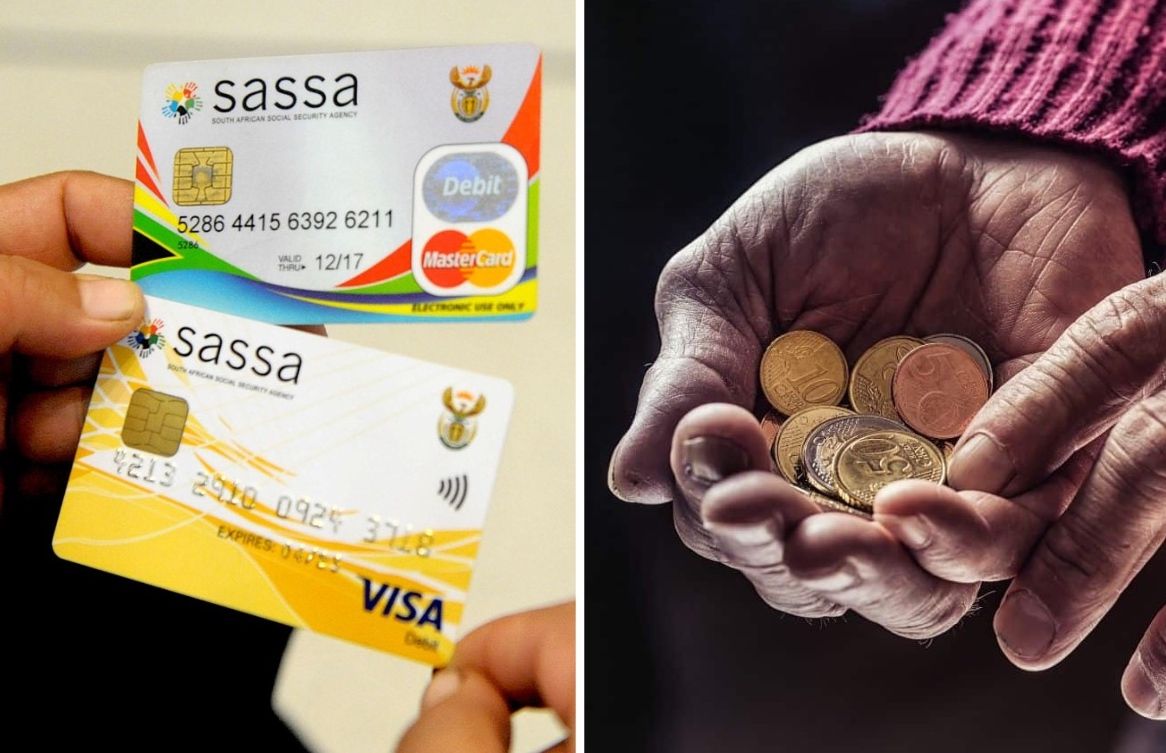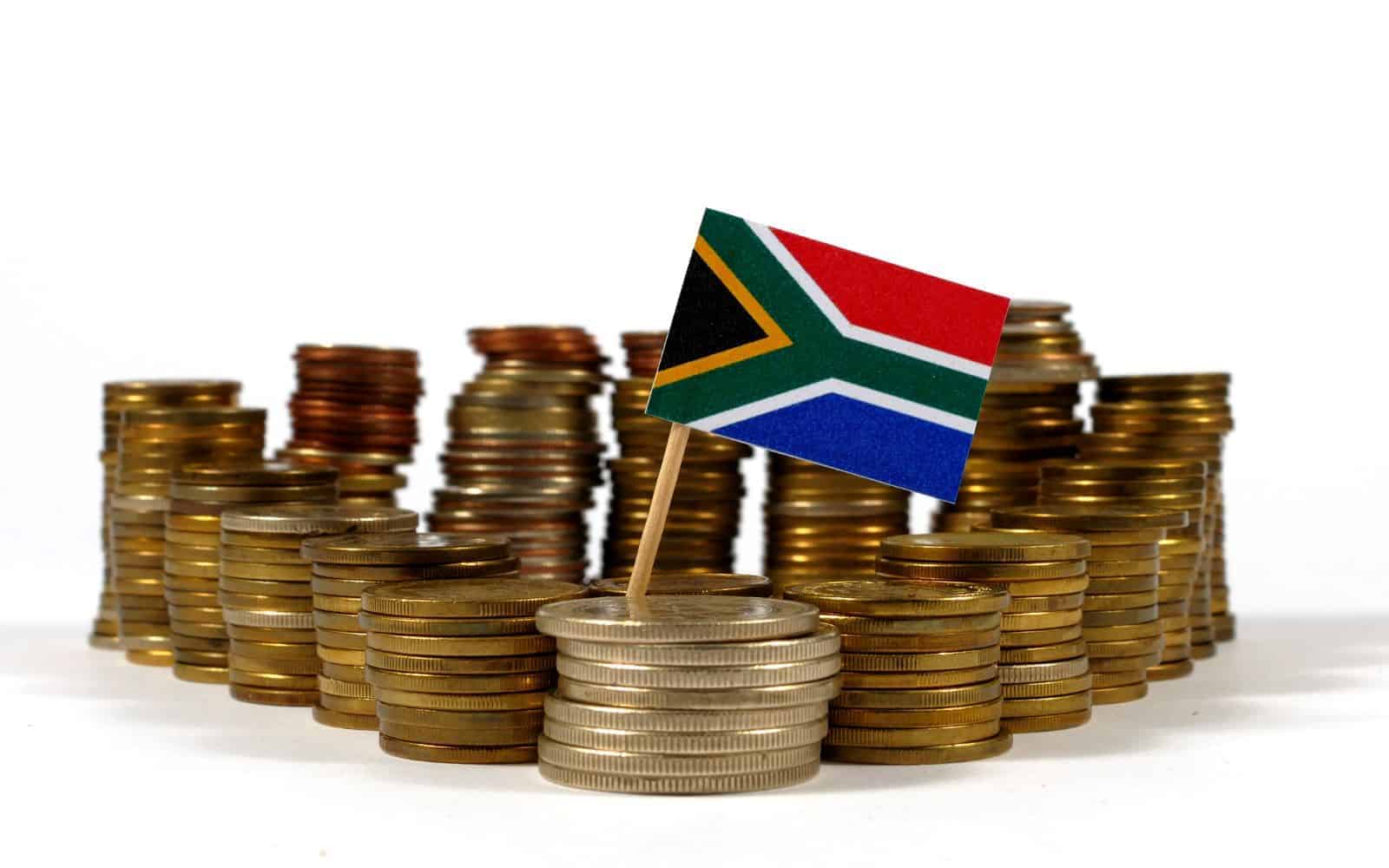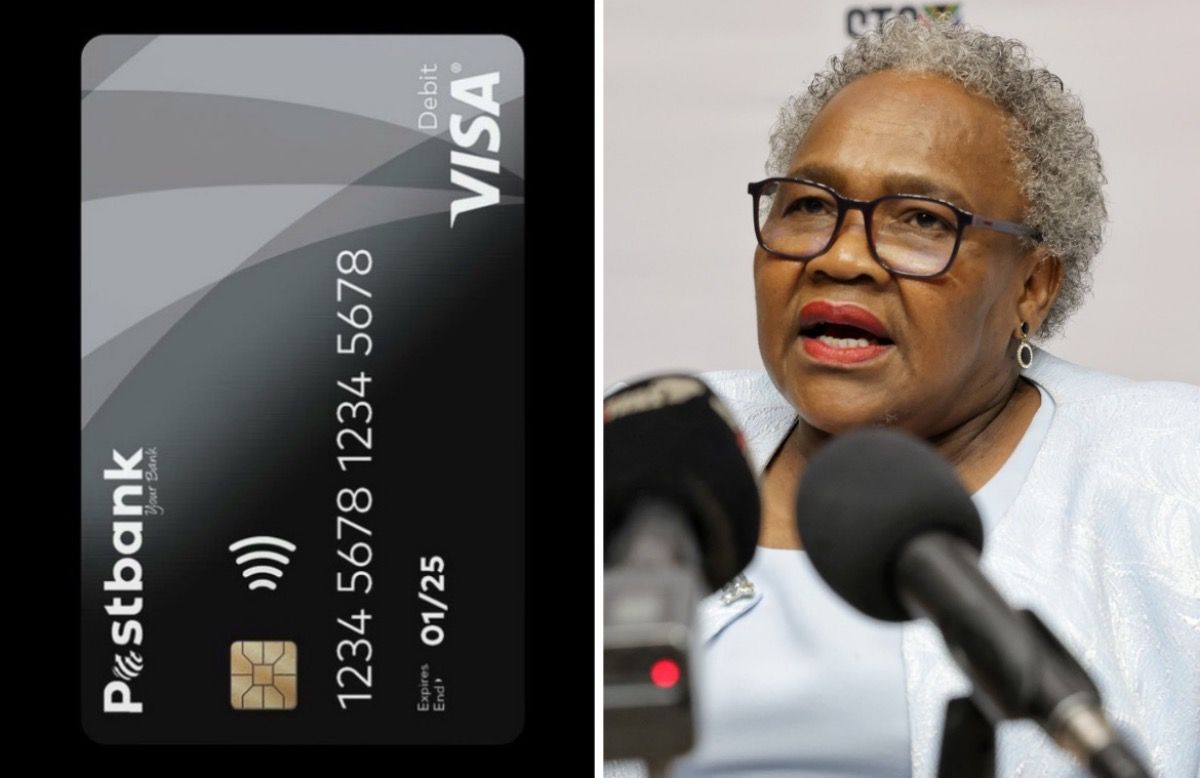The festive season adds financial pressure as South Africans stretch their December salaries while spending more than usual.
Many employers pay employees’ December salaries as early as 13 December, leaving a significant gap before the next payday of 42 days for those usually paid on the 25th and 49 days for month-end earners. How do you bridge this gap?
“Standard Bank’s analysis shows that South Africans spend their salaries faster in the last two months of the year,” Shené Mothilal, solution owner of Digital Money Manager at Standard Bank, says.
“Interestingly, November salaries are spent faster than December’s. December salaries last slightly longer, with customers taking two to three extra days on average to spend 50% of their income compared to November.”
She says higher middle-income and high-income earners take nearly twice as long to spend half of their December income—around 11 days compared to just six days for entry-level customers.
ALSO READ: How to ensure that 2025 will not bring you Januworry
Consumers also spend a lot in November before the pay gap
“The trend in November is largely driven by Black Friday, which encourages extended spending. In December, while salaries last longer, the financial strain is tied to early pay dates and the long gap before January’s payday.”
Mothilal says with November salaries spent quickly and December salaries stretched to cover nearly two months, many consumers rely on their December pay to manage festive and new year expenses.
What do consumers spend their money on? She says spending trends vary by customer segment, with entry-level market customers prioritising groceries early, likely stocking up for festive consumption, while emerging high-income earners increase their loan payments in November to support holiday spending.
“Young professionals focus on transport, groceries, restaurants and clothing before Christmas, often shifting debit orders earlier in December. Wealthier clients allocate a larger share to holiday travel and related insurance compared to other segments.”
ALSO READ: How does South Africa’s middle class feel heading into Dezemba?
Overall spending trends
Mothilal says overall they see these trends in spending categories for individuals in December:
- Clothing (+0.5%) – Festive shopping dominates
- Fitness and self-care (+0.3%) – Driven by New Year’s resolutions
- Shopping centres (+0.3%) – Peak holiday shopping
- Home (+0.2%) – Year-end preparations
- Entertainment (+0.2%) – Festive celebrations and school holidays.
In January the picture changes as priorities shift:
- Education (+0.7%) – Upfront school and university fees
- Digital and connectivity (+0.1%) – Back-to-school and work needs
- Savings (+0.1%) – Post-holiday budgeting
- Entertainment (+0.1%) – Continued school holiday activities
- Holiday and travel (+0.1%) – Lingering festive season costs and delayed travel.
ALSO READ: How to spend your bonus wisely and make it work for you
How to bridge the 42 or 49-day pay gap
How can consumers bridge the pay gap over December and into January that often feels like it has eight weeks and not four?
Sibongiseni Ngundze, CEO of personal banking at African Bank, says the festive season is here, and with all the cheer comes the challenge of managing your money. “A little planning goes a long way. By making smart financial choices, you can have a joyful season without breaking the bank.”
Ngundze has these tips for consumers to keep their wallets happy and bridge the pay gap:
- Set a festive budget: Start by deciding how much you can afford to spend on gifts, outings, and travel. Break it down into categories, like presents or entertainment, and stick to your limit. And remember to leave a small buffer for surprises.
- Track your spending: Tracking what you spend helps you stay in control. Use a budgeting app or jot things down in a notebook. Keeping tabs on your expenses can help you avoid that dreaded post-holiday panic.
- Pause before buying: Holiday deals can be tempting, but do not let them derail your plans. Try the 24-hour rule and wait a day before buying something you were not planning to buy. Often, the excitement fades, and you will save money.
- Give creatively, not expensively: Great gifts do not have to cost a fortune. Homemade treats, framed photos, or even handwritten letters can be just as meaningful. Focus on the thought, not the price tag.
- Spread the cheer by giving back: Set aside a part of your budget for helping others. Whether it is donating to charity, buying groceries for someone in need, or volunteering, giving back can make your season more meaningful.
“Enjoy now and stress less later. With a little planning, you can make this festive season about joy, not debt. And when the new year rolls in, you will be glad you kept your finances in check,” Ngundze says.














